By Jill Byrd as told to Sean M. Wood
Photography by Kimberly Potter
I am a 41-year-old married mother of two active boys. I’m a business owner. I’m a marathon runner. I live a very active, healthy lifestyle. I have leukemia.
I have spent more than half of my career as a public relations professional working for health care clients. A lot of that time was focused on cancer care, treatment, and advocacy.
I learned during that time from advocates and patients to be careful communicating about ways to “prevent cancer” and not say someone “lost their battle with cancer.” I understand that better after my diagnosis. Those phrases put the patient “at fault.” We didn’t do enough to avoid or defeat cancer. In reality, nothing would have prevented this.
Clues Then Detection
Being so busy, coping with kids during the pandemic, and having just turned 41, it was easy to think the night sweats and fatigue were hormonal. It was harder to rationalize the swollen lymph node in my groin. It was about the size of a marble and it wasn’t going away. After five weeks, I had it checked out.
An exam led to a sonogram and then blood work which showed a slightly elevated white blood count. The blood work from my annual checkup three months earlier looked great.
They ordered a biopsy. Six days later, I got the phone call.
“We have a diagnosis,” the nurse practitioner said. “It’s leukemia.”
When you hear those words, it’s almost like your world goes silent. You think, “It can’t be right.”
I have interviewed a lot of people with cancer. My stepdad died of cancer. My mom is a lymphoma survivor. Until you hear the words, “You have cancer,” you think it doesn’t happen to you. If you would have told me when all my blood work came back fine, that in three months I was going to have leukemia, I would have said you were crazy.
What I have is chronic lymphocytic leukemia (CLL). It is typically diagnosed in patients 65 or older, and most patients are men. That set off alarms for me. I needed to find a hematologist.
I’m blessed that I know enough people that I was able to find a hematologist who called me the day I was diagnosed. He specifically said, “I don’t see this as being urgent based on what you’re telling me along with the initial results, but dearie, how old are you?”
When I told him I was 41, he asked if I could get to his office in 45 minutes. His empathy and offer of a quick appointment gave me peace of mind. I felt 110 percent better just knowing that I had spoken to a specialist and that we were building a plan.
Telling Our Sons
My husband, Scott, and I had initially said we weren’t going to tell the boys until we had a true diagnosis and a plan of action so that we could give them the complete picture. But we wouldn’t have that for several weeks. Our kids aren’t in preschool. They’re at an age where, at 10 and 13, we’re trying to build that open, honest relationship, and I didn’t feel right keeping it from them. So, we told them in a very careful conversation that night at dinner.
I said, “Guys, we rushed out this afternoon. I want to be honest with where we went.” I said, “I’ve told you both that I will always be honest with you, that I will always have your back, and that you can trust me with anything. Mommy has leukemia.”
My 13-year-old, T.J., said, “Isn’t that cancer?” The second he said cancer, Matthew burst into tears. That was really tough to see. So, we explained that three months ago, I was totally fine. I noticed some changes, so I went to get it checked just as we should.
“At this point,” I said, “we’re still doing tests. They’re going to monitor me very, very closely. And do you know how they monitor me?”
And they asked, “How?”
“They have to take a lot of blood, maybe every month.”
The first thing that came out of my Matthew’s mouth after he wiped his tears was, “Mom, you better get tough because you hate needles.”
More Watchful Waiting
I’m ready to deal with what’s inside me, only there’s nothing to deal with yet.
Two days after Easter, we got the results of my first CT scan. My doctor essentially said, “Based on our findings, you have a mild form of CLL. You are a healthy young woman. You eat right, and you exercise, so nothing you do at this point can reverse it. We’re just going to have to watch.”
For someone who’s a planner and likes to have control of things, I have no control over this. But I’m learning to give myself grace. I have to remind myself that the silver lining is we found it early. The fact that I have leukemia is in my head every day, but I am able to stay active and involved in every aspect of a life I love with my family and friends. I just have to see the doctor more frequently.
This has taught me to evaluate what is really important in my life. I’m going to be a bit more focused on what I want to do. Running is going to have a bigger purpose for me. I’m going to use that to help raise money for more research because I don’t want other parents to worry how cancer can and will impact their children’s lives. My early diagnosis just might buy me more time to continue to help fund research and advancements in treatment and maybe even a cure in my lifetime. So, why wouldn’t I focus my efforts on that?
Some people have asked how they can help!
Join Team Byrd for the Leukemia & Lymphoma Society’s Light the Night Walk San Antonio to advance research and support patients with leukemia and lymphoma.


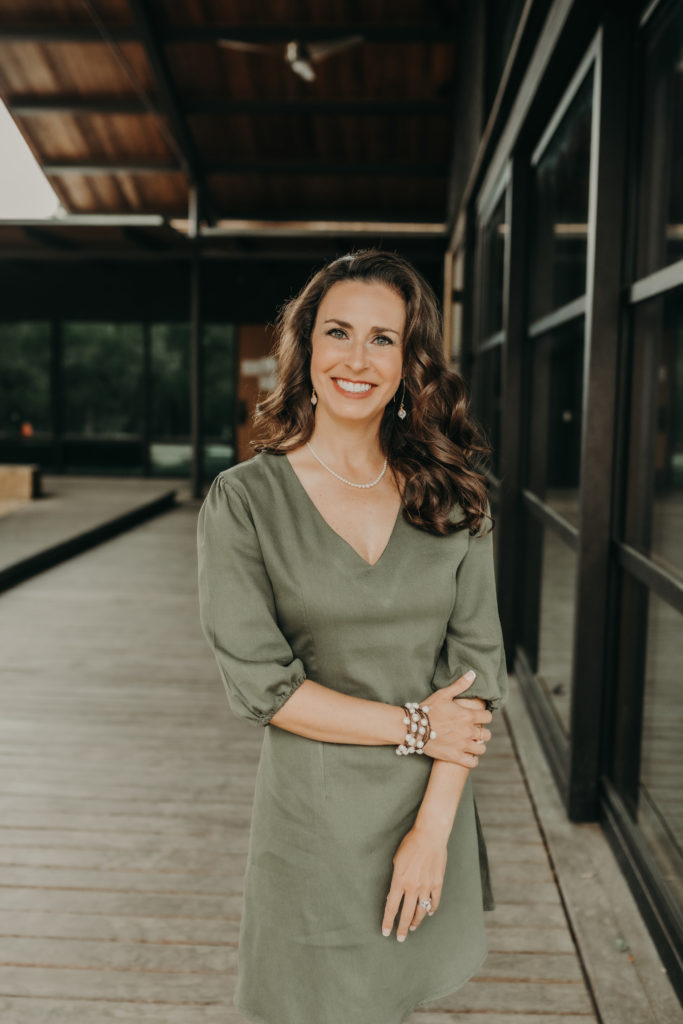
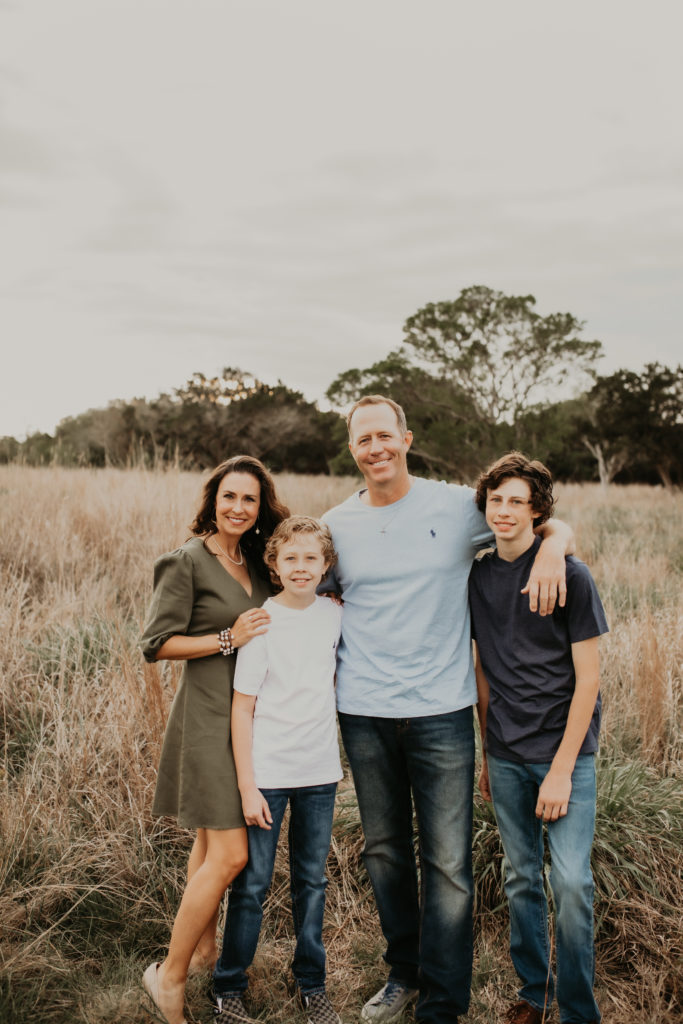





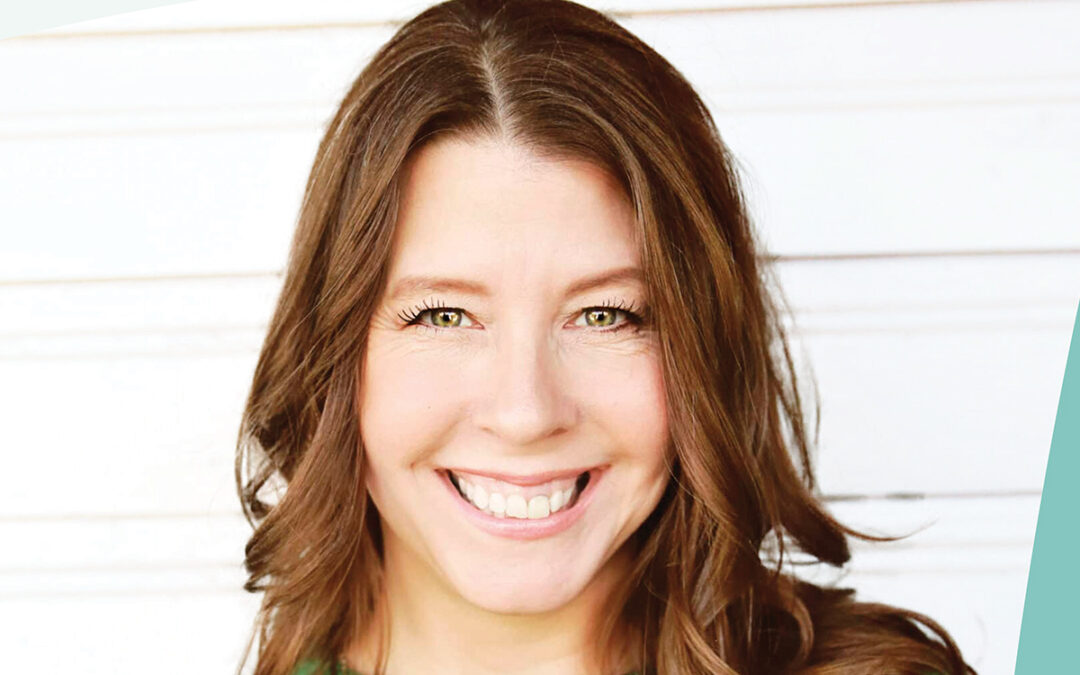
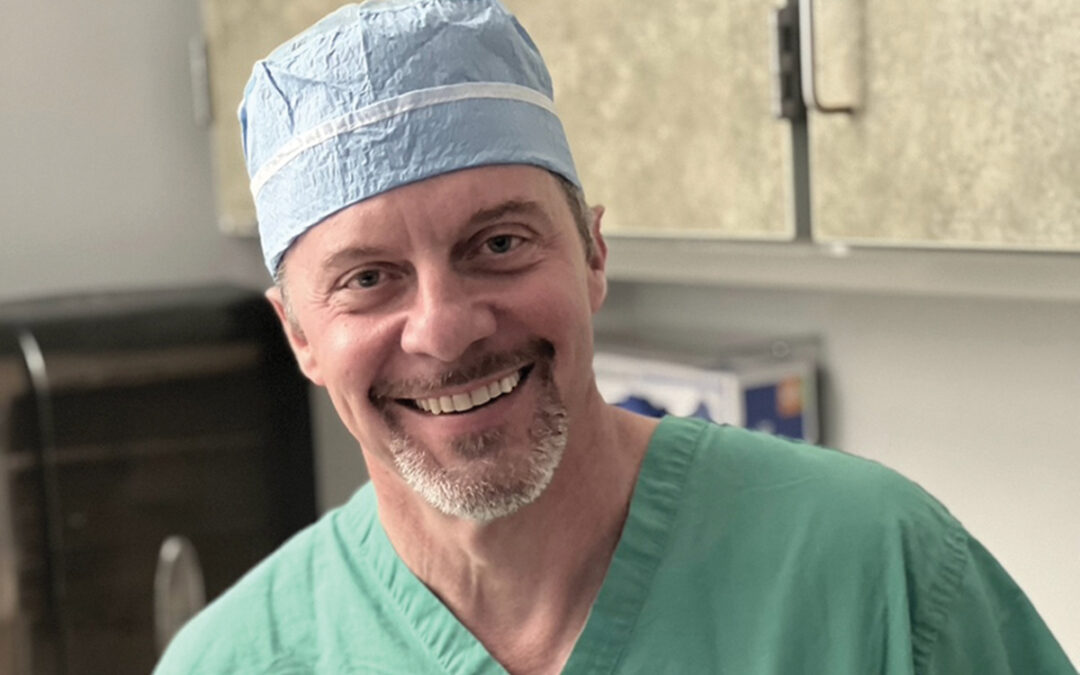
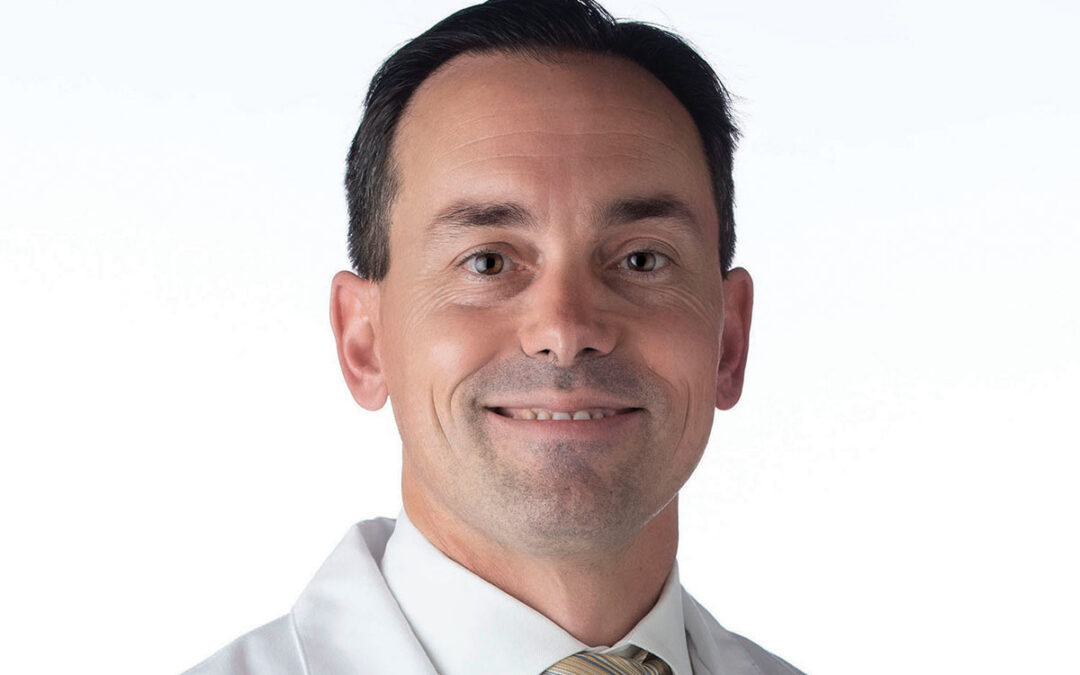
0 Comments